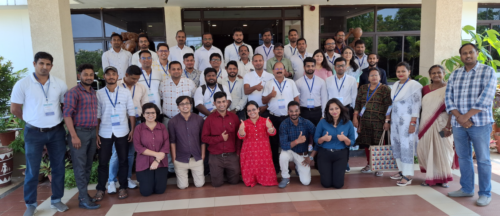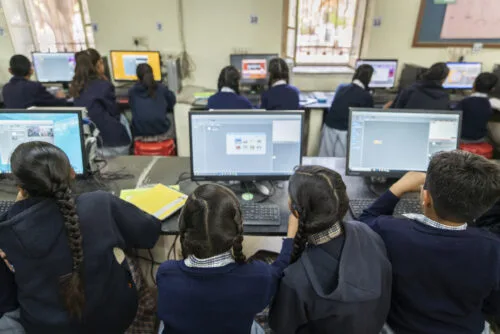Schlagwort: Odisha
-

Introducing a computing curriculum in Odisha
Reading Time: 5 minutesWe are working with two partner organisations in Odisha, India, to develop and roll out the IT & Coding Curriculum (Kaushali), a computing curriculum for government high schools. Last year we launched the first part of the curriculum and rolled out teacher training. Read on to find out what we have learned…
-

Introducing Code Clubs in eastern India: 32,000 more young digital makers
Reading Time: 5 minutesAt the Raspberry Pi Foundation, our mission is to enable young people to realise their full potential through the power of computing and digital technologies. One way we achieve this is through supporting a global network of school-based Code Clubs for young people, in partnership with organisations that share our mission. For…

